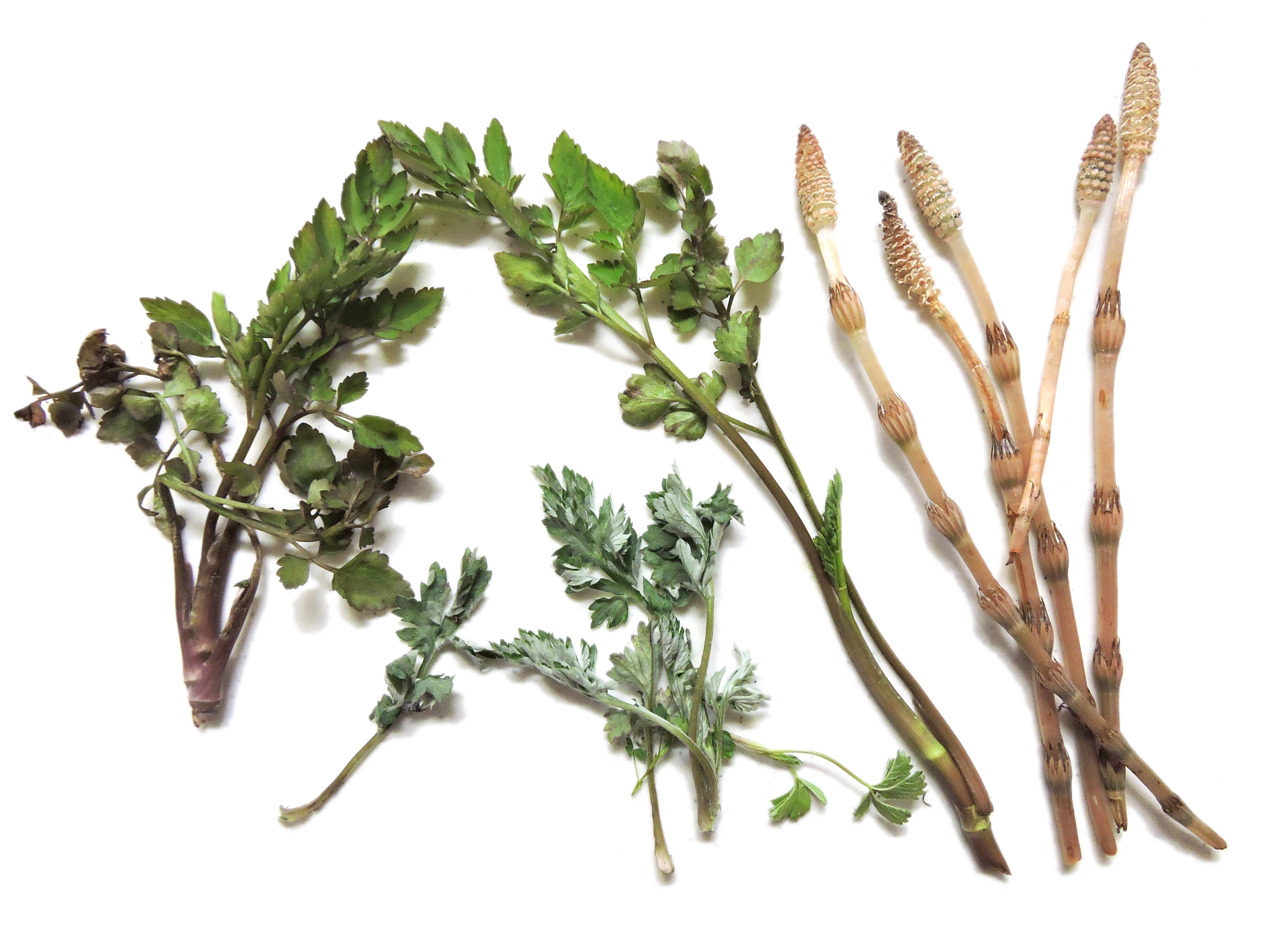In the opening poem of "Kokin Wakashu" ("Collection of Japanese Poems of Ancient and Modern Times"), the Emperor writes about harvesting sansai (wild plants). The emperors of the Heian and Nara periods made it a rule to seek sansai in the forests in order to collect food and predict the harvest.
Amateur botanist and retired English teacher Kosaku Wada says Japan has relied on sansai to stave off starvation on a number of occasions in its history, especially in times of drought or natural disaster. This includes the aftermath of World War II, when Tokyo residents took to the hills to find nutrients in sansai staples such as warabi (bracken), tara-no-me (angelica) and kogomi (fiddlehead ferns), among other edibles.
Today, sansai seekers are not driven by hunger. The predominantly elderly Japanese men and women who scour the hillsides and grasslands in spring and summer every year have a different agenda, mainly getting ahold of tasty and nutritious plants provided freely in nature.


















With your current subscription plan you can comment on stories. However, before writing your first comment, please create a display name in the Profile section of your subscriber account page.